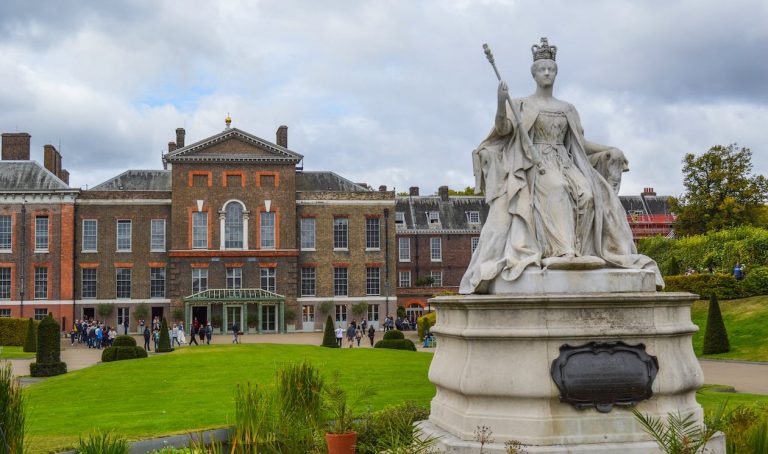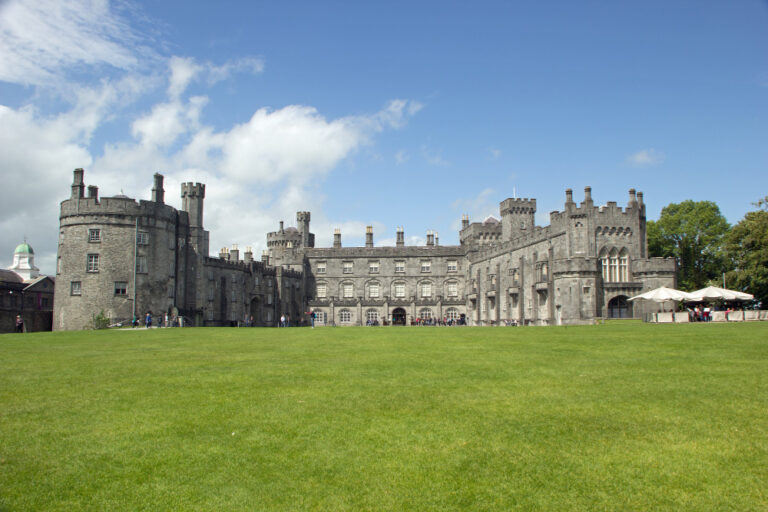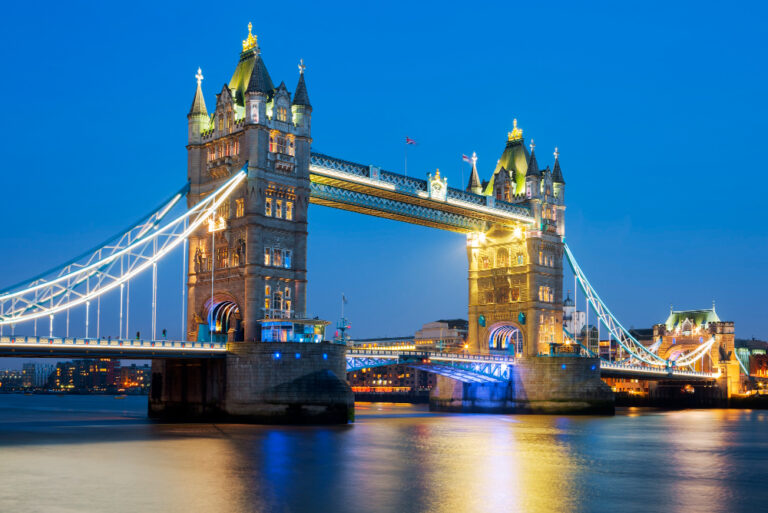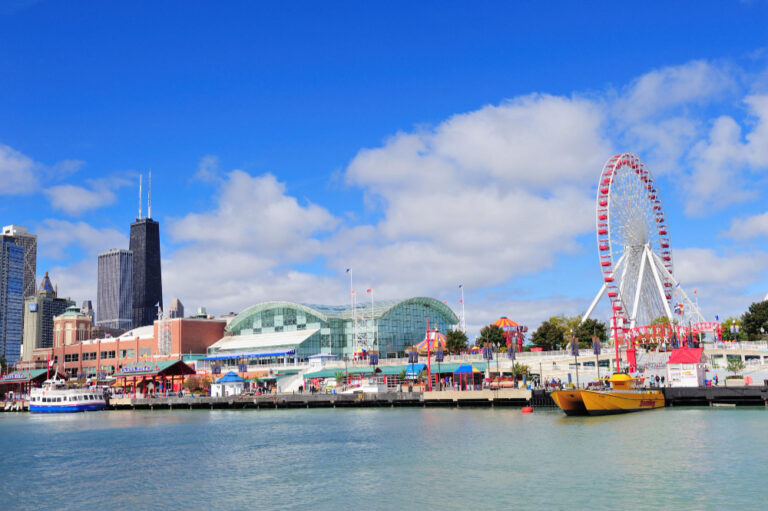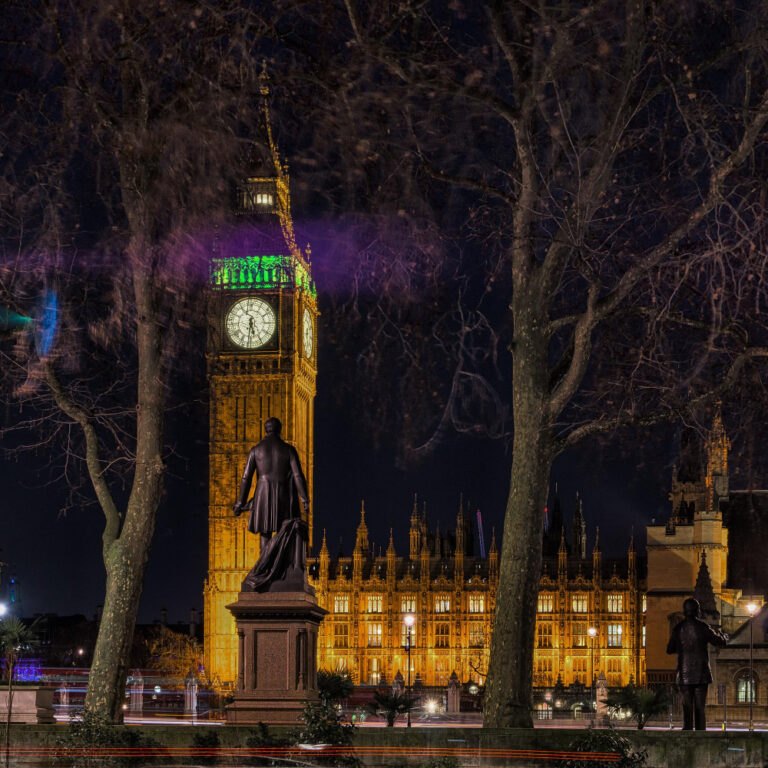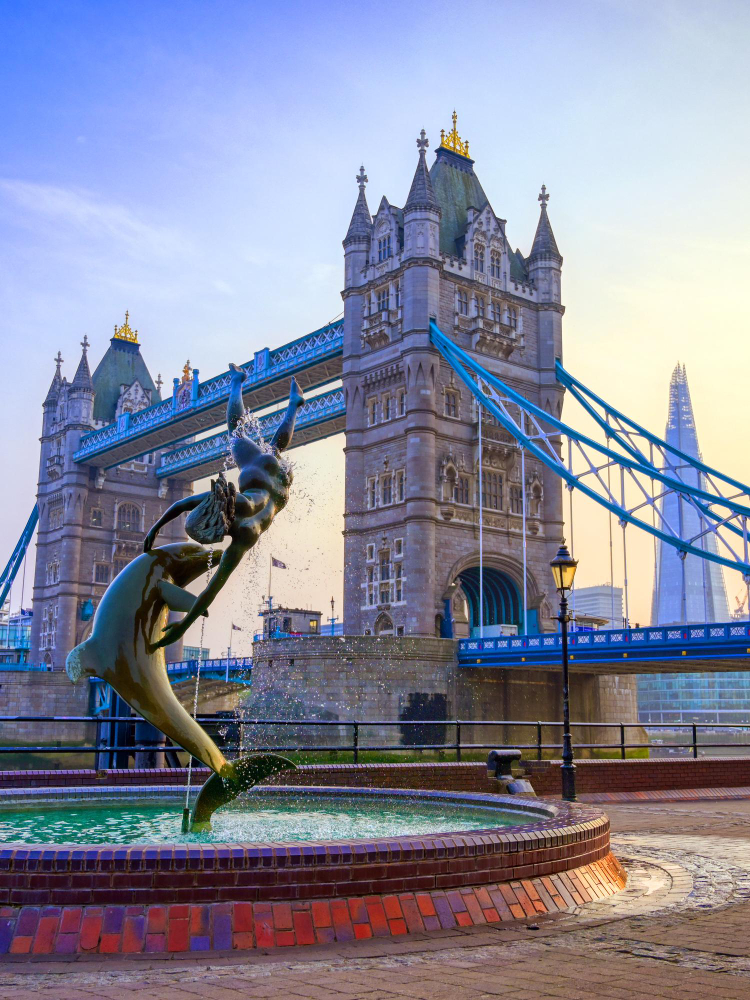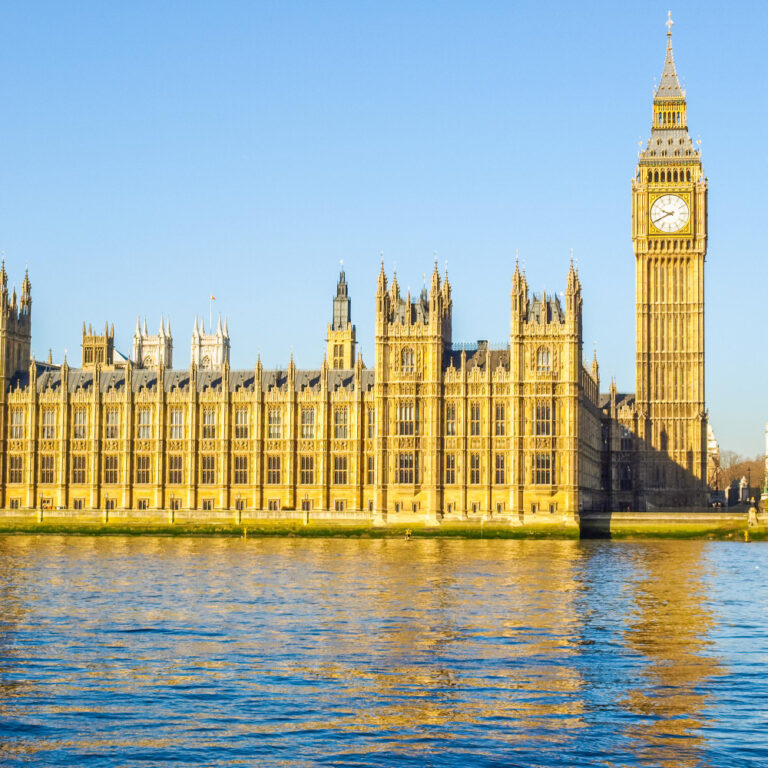
London, recognised as a leading global city, stands at the forefront of finance, culture, and innovation. It holds the title of the world’s most global financial centre, a testament to its unmatched human, market, and digital connections. This distinction highlights London’s openness, global connectivity, and collaborative culture, which are fundamental to its role in spearheading global economic recovery and innovation. The city’s economy is bolstered by the financial and professional services sector, generating significant economic output and contributing substantially to the UK’s tax revenues and exports.
With a population estimated at over 9.7 million in 2024, London’s demographic and economic landscape is diverse and dynamic. This cosmopolitan city is home to over 300 languages and a wide array of cultures, reflecting its historical ties and global reach. London’s economic vitality is evident in its GDP growth, low unemployment rates, and the high median weekly earnings for its workers, further underpinning its status as an economic powerhouse.
London’s rich tapestry of history, culture, and modernity is evident in its status as one of only two Alpha++ cities globally, alongside New York City. This ranking underscores London’s global influence through its financial services and cultural “soft power.” Despite challenges such as inequality and Brexit-related uncertainties, London’s diverse, young, and highly skilled workforce remains a key driver of its economy, contributing to a vibrant and resilient global business hub.
The city’s infrastructure and public services, including the historic London Underground, the world’s oldest underground railway network, play a crucial role in maintaining London’s position as a top destination for international visitors and professionals. As London continues to evolve, it remains a centre of excellence for education, healthcare, arts, and fashion, making it a magnet for talent, investment, and innovation from around the globe.
Gallery







